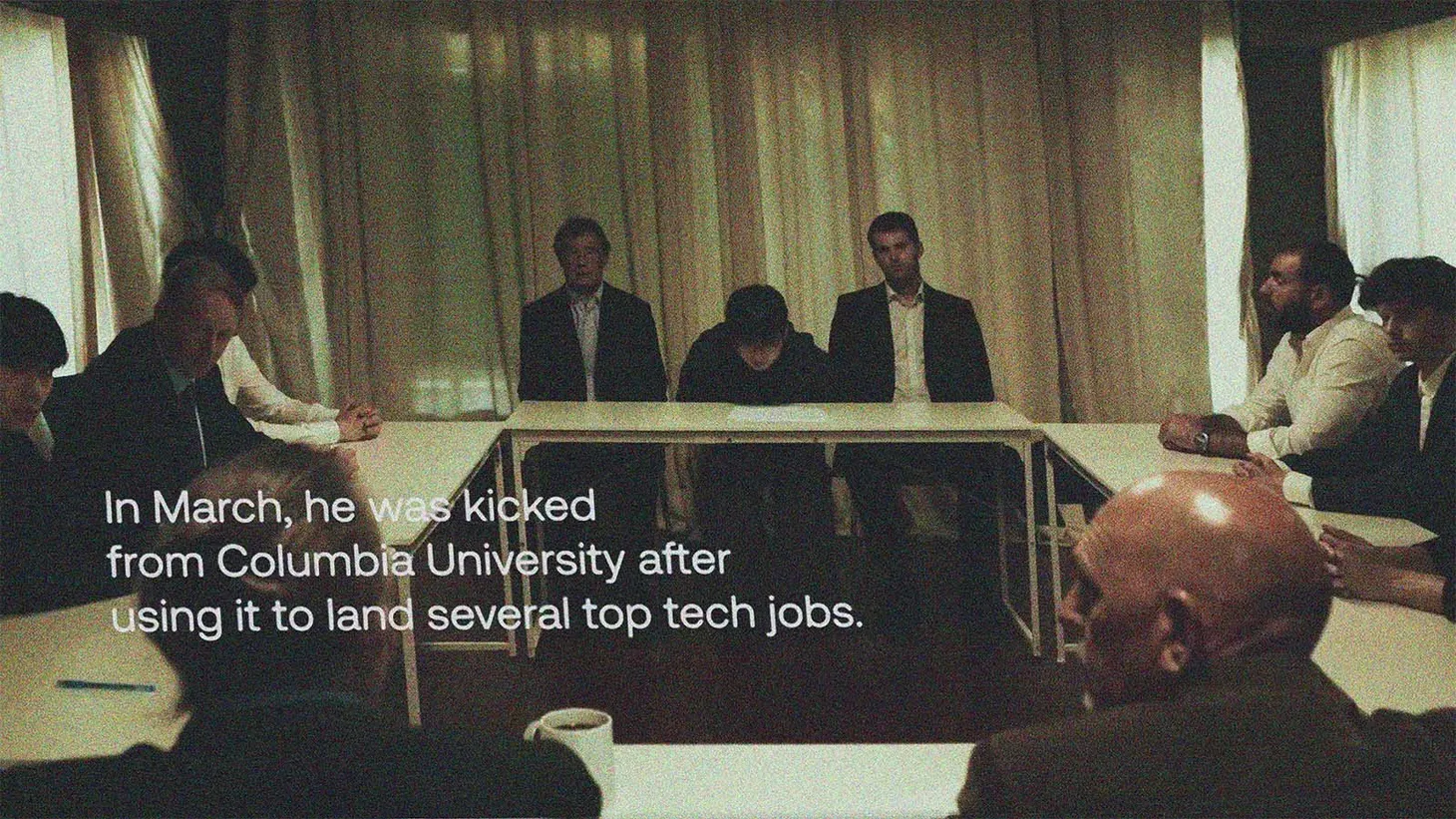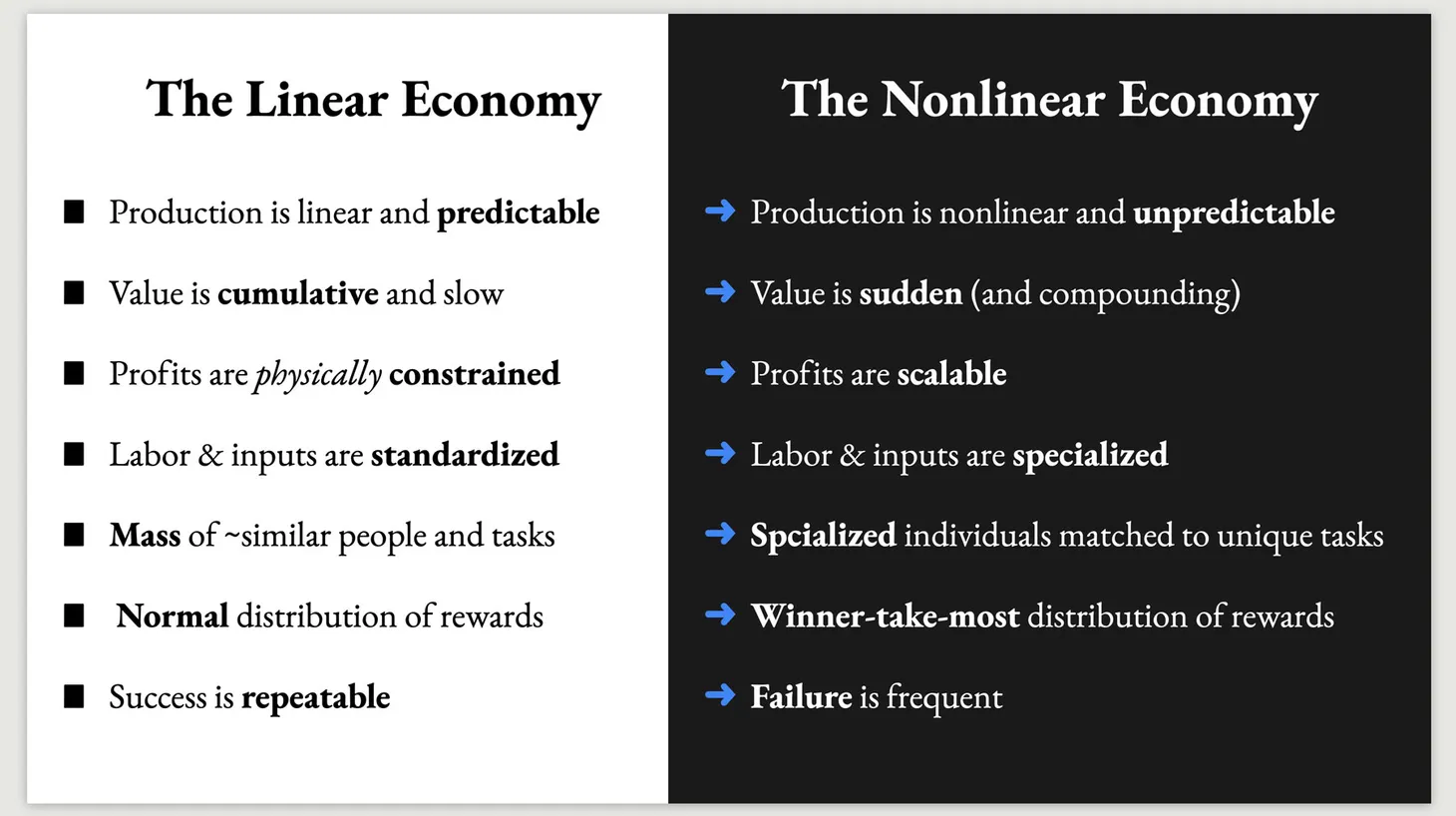Intelligence and Leisure-as-Work
People will get paid to do whatever they want. Here's why.

🎧 The audio version of this article is available on Spotify, Apple Podcasts, and beyond.
Intelligence is ultimately a coordination problem. AI learns by processing human-generated content. However, it also enables humans to generate more low-value content.
Progress is contingent on determining which content is relevant and, probably, on the deliberate production of such content in a variety of domains. This requires incentives and protocols to ensure that humans and machines ingest and generate relevant information.
In other words, humanity will have to figure out how to appropriately price information and how to explicitly compensate humans for the signals they produce.
Signals can be actual content, but they can also be conscious responses (likes, shares, comments) or unconscious ones (facial expressions, heart rate changes, hormonal secretions). Such signals will become easier to measure as machine vision and wearable and embedded devices become more prevalent and powerful.
As human signals grow in importance, expect humans to get paid for simply being alive and going about their business — not as a form of Universal Basic Income (UBI), but as actual compensation for their contribution to the production of intelligence.
I have explored aspects of these developments in Impossibly Useless, Compensating the I in AI, NFTs and the Future of Work, and In Praise of Ponzis. But now, the building blocks of this system are truly coming into view.
Have a peaceful weekend.
I research technology's impact on how humans live, work, and invest.
💡Book a keynote presentation for your next offsite, event, or board meeting.
❤️ Share this email with a friend or colleague
Dror Poleg Newsletter
Join the newsletter to receive the latest updates in your inbox.




